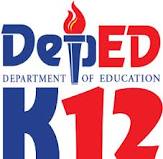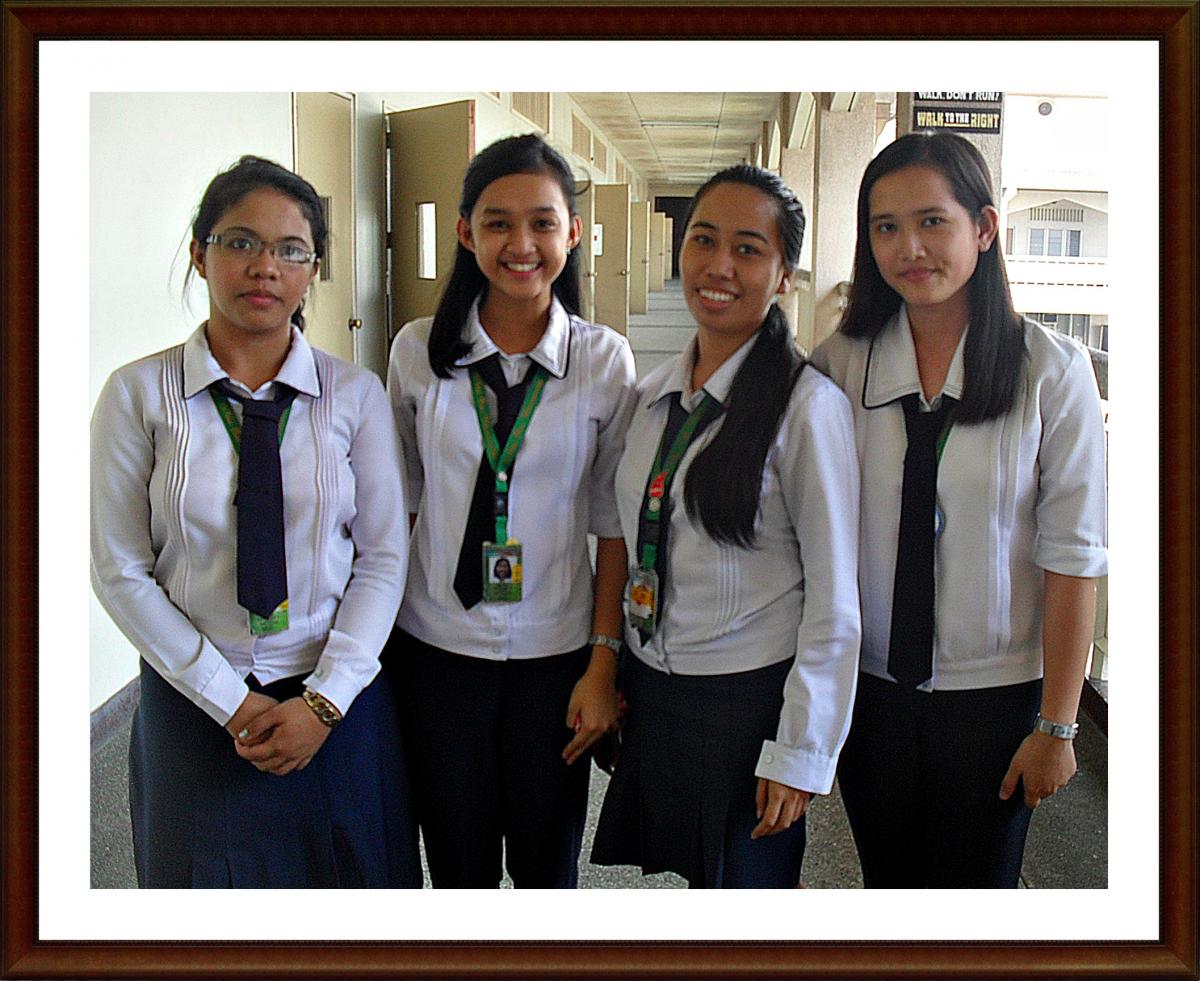
THIS DEBATE is on whether the government should put its limited resources on the Enhanced K-12 Basic Education Program which will add two years to our present 10-year basic education. The enhanced K-12 program as many now know, will have kindergarten, 6 years of elementary education, four years of junior high school (Grades 7 to 10), and two years of senior high school.
According to the 2010 Department of Education Briefing Report, the last two years (Grades 11 and 12) will provide time for the student to consolidate acquired academic skills and competencies. It plans to complete the enhanced 12-year curriculum and start with incoming Grade 1 students of SY 2012-13. The rationale for the two years is to decongest and enhance basic education curricula, provide quality learning, and be at par with other countries in Asia which provide more years for basic education.
Now, a lot of students were alarmed. Some argue that this program will serve as an extra expense of our government while some says it’s a big opportunity for us to produce well experienced, competitive and international skilled graduates.
Possible reasons against K-12 Basic Education Program:
1. It is unrealistic and may drive more youths to drop out of school.
2. It is impractical for a country that has one of the lowest budgets for education.
3. It will require extra expenses for families in our society where the majority is impoverished.
4. It could also reinforce cheap semi-skilled labor for foreign markets.
5. It will just add up to the burden of parents and students.

Possible reasons for K-12 Basic Education Program:
1. It will provide time for the student to consolidate acquired academic skills and competencies.
2. It will also decongest and enhance basic education curricula, provide quality learning, and be at equality with other countries in Asia which provide more years for basic education.
3. The additional two years in the said program is crucial to come up with a proposal in enhancing our basic education program in a manner that is least disruptive to the current curriculum, most affordable to government and families, and aligned with international practice.
4. This quality of education is reflected in the inadequate preparation of high school graduates for the world of work or entrepreneurship or higher education.
5. It’s a good opportunity to match the academic levels of other countries ... (
Continue reading)
Contributors/Online Moderators:
 JESSE MAE OLIVA
JESSE MAE OLIVA went to Damong Maliit Elementary School and Novaliches High School in Quezon City.
KIN PEARLY FLORES graduated from Cauayan South Central School in Isabela and Sta. Lucia Academy inLucia, Ilocos Sur.
MUTYA EMPRECIO is an alumna of Almanza Elementary School and New Era University.
GREJEAN MAY ATALE is from East Central School and Palawan National High School in Puerto Princesa City.
INVITATION:
If you’re a parent, a student, or just an ordinary person, the Department of Education wants to know your view in this issue. Make a stand. Have the power to defend it. Do you think K-12 Basic Education Program in the Philippines is beneficial or just an additional burden?
Hit your keyboard!
NOTE: Click first the 'LIKE' button above (if you have not clicked yet) so that your comment/vote will be COUNTED. To invite friends to join the discussion, click the 'Send' button and invite.
TRY any of THESE E-Learning FUN QUIZ GAMES:
Tag: K-12 Basic Education Program in the Philippines: Beneficial or Additional Burden?; debate/k-12-basic-education-program-philippines-beneficial-or-additional-burden
Para sa komento o assignment, gamitin ang comment section sa:






